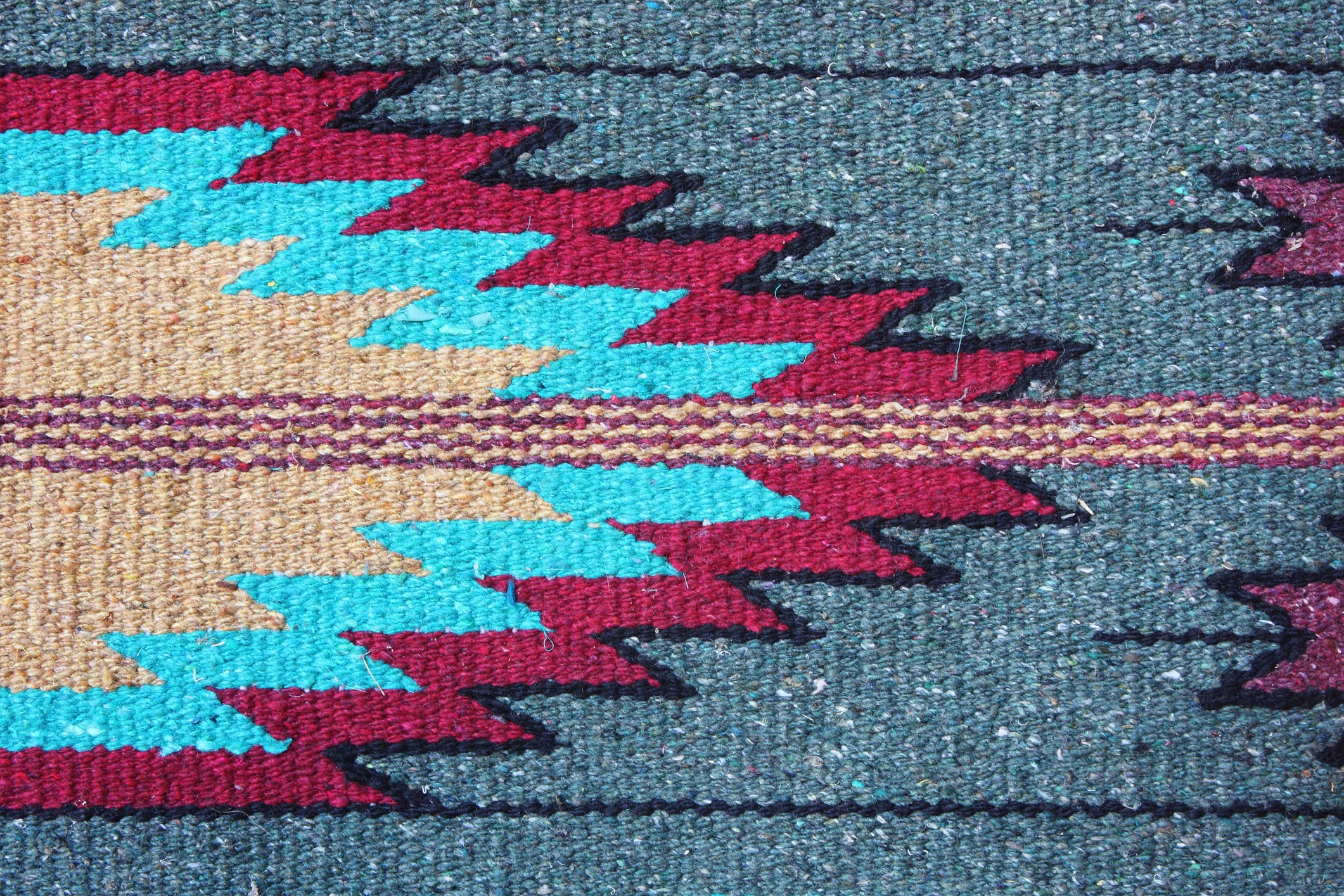
Residential Treatment
What to expect in residential treatment
Our residential treatment program provides a comprehensive approach to recovery, incorporating evidence-based therapies and traditional healing practices.
During your stay, you can expect:
24/7 support from trained staff who are experienced in working with Native Americans
A structured daily schedule that includes individual therapy, group therapy, and a variety of therapeutic activities
Culturally congruent therapies, such as traditional healing practices, sweat lodge ceremonies, and talking circles
Access to medical and psychiatric care, if needed
Support in developing an aftercare plan to help you transition back to your community
Culturally Appropriate Evidence-Based Therapy Modalities
Our network of vetted treatment programs is ensures a safe and supportive environment for individuals to focus on their recovery and achieve long-term sobriety. We believe that a combination of evidence-based therapies and traditional healing practices is essential to healing the mind, body, and spirit. Here are some examples of the evidence-based therapies you can expect in treatment
Cognitive Behavioral Therapy (CBT)
This therapy is designed to help individuals identify and change negative patterns of thinking and behavior that contribute to addiction and mental health disorders. CBT is culturally appropriate as it allows individuals to identify and challenge negative cultural beliefs that can impact their mental health and sobriety.
Dialectical Behavior Therapy (DBT)
This therapy is designed to help individuals regulate their emotions, develop mindfulness, and improve interpersonal relationships. DBT is culturally appropriate as it allows individuals to incorporate cultural values and practices into their emotional regulation and mindfulness practices.
Motivational Interviewing (MI)
This therapy is designed to help individuals find the motivation to change their behavior and overcome ambivalence about seeking treatment. MI is culturally appropriate as it allows individuals to explore their cultural identity and values, which can serve as a motivating factor in their recovery.
Trauma-Informed Care
This approach is designed to create a safe and supportive environment for individuals who have experienced trauma. Trauma-informed care is culturally appropriate as it recognizes the impact of historical and intergenerational trauma on Native Americans and incorporates cultural practices and values into the healing process.
EMDR
This therapy is designed to help individuals process traumatic experiences and reduce symptoms of PTSD. EMDR is culturally appropriate as it allows individuals to process trauma from a cultural perspective and integrate cultural values into their healing process.
Experiential Therapy
This unique treatment approach uses movements, activities, and actions to promote healing. By actively engaging in therapeutic experiences, clients learn to cope with challenges, build resilience, and achieve long-lasting recovery.

